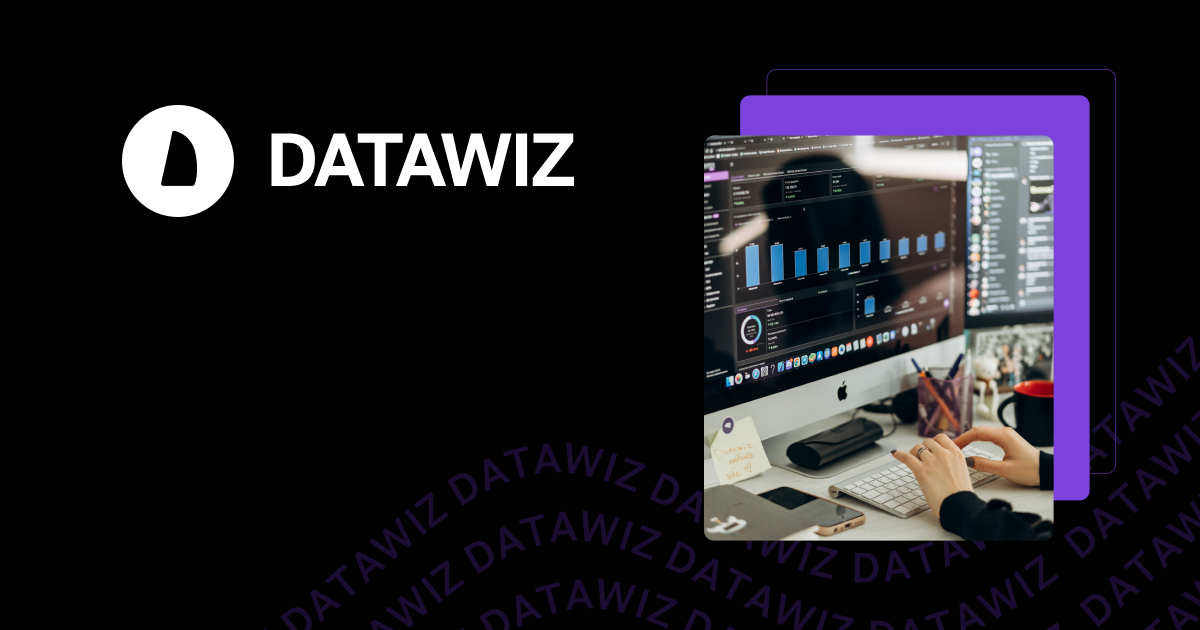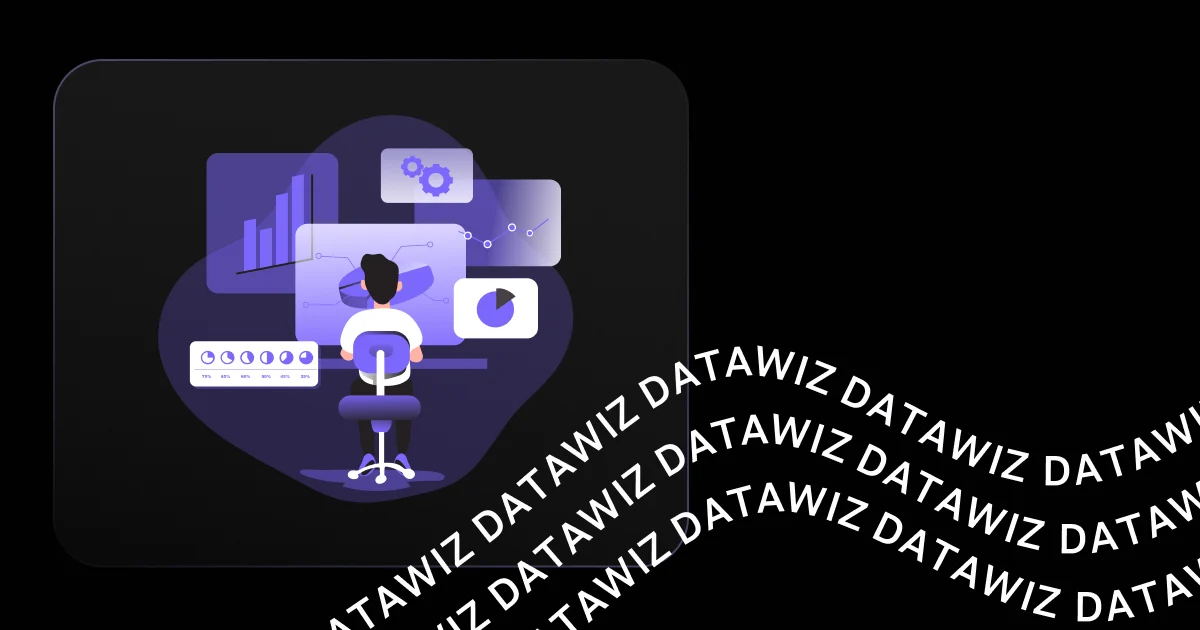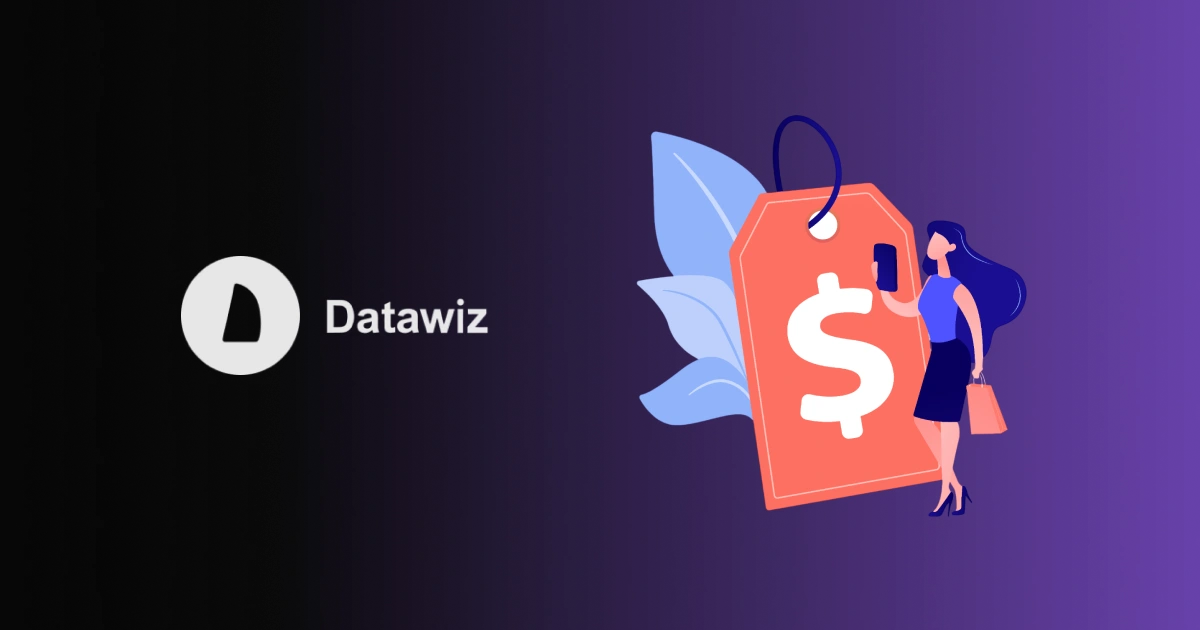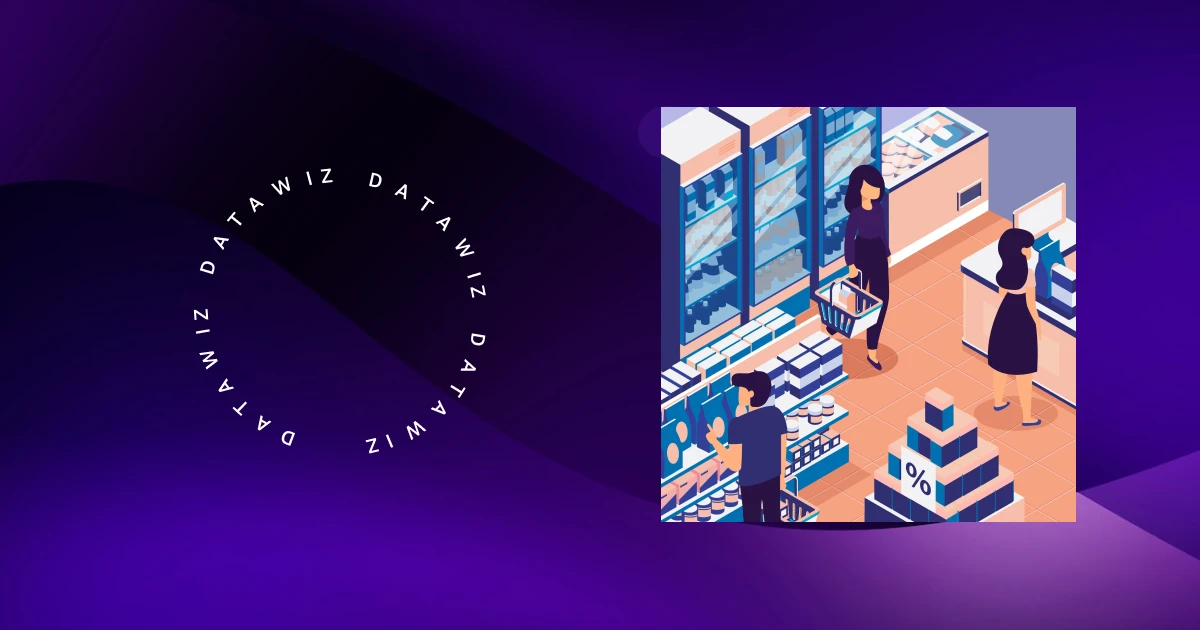In today's retail environment, business intelligence is just as important as proper merchandising or store layout. Whether you're designing a store, trying to optimize customer flow, increase average checkout, or implement innovative technologies like augmented reality, all of these efforts need data measurement, analysis, and visualization. That's why choosing a BI (Business Intelligence) system becomes a strategic decision.
Microsoft's Power BI is one of the most popular business intelligence tools on the market. However, for many companies, alternatives to Power BI that better meet budget, technical requirements, or business goals may also be suitable.
Why Might You Need a Power BI Analog?
Power BI is a powerful tool, especially if you're already in the Microsoft ecosystem. However, it does have its limitations:
- The cost of licenses can be disproportionate to the budget of smaller companies.
- Closed in the ecosystem: optimal integration only works with Microsoft products.
- Limited flexibility of visualizations when compared to more customizable solutions.
- Performance problems with large data volumes (especially in Power BI Desktop).
Therefore, more and more companies are interested in whether there is a Power BI analog that can offer no less powerful and sometimes more convenient functionality.
Top Power BI Analogs in 2025
1. Tableau
Briefly: one of the most powerful visual analytics tools on the market.
Benefits:
- Deep customization of dashboards.
- Interactive maps and charts.
- Suitable for visualization of complex spatial data (which is relevant for store planning).
- Fast processing of large data sets.
Suitable for: large retail chains, shopping center developers, marketers working with heatmaps and customer navigation through the store.
2. Qlik Sense
Briefly: focus on associative data model.
Benefits:
- Instant recalculation of data when filters are selected.
- Deep integration with external ERP and CRM systems.
- Support for predictive analytics.
Features: allows you to analyze customer behavior in the store, identify bottlenecks in the layout and respond to seasonal trends in near real time.
3. Metabase
Briefly: a free, open-source BI tool.
Benefits:
- Easy to install and use.
- Great option for small retailers and startups.
- Ability to be hosted on your own server.
Limitations: Not as powerful visualization as Power BI or Tableau, but more than enough for standard reporting.
4. Looker (Google Cloud)
Briefly: a new generation BI-platform from Google.
Benefits:
- Deep integration with Google BigQuery.
- LookML model allows you to formalize business logic.
- Great for e-commerce and omnichannel retail.
Features: if your store is actively using online sales or augmented reality - Looker will give you powerful tools to analyze user behavior.
5. Sisense
Briefly: a platform with a focus on embedded analytics.
Benefits:
- Ability to embed BI reports into your own apps or POS systems.
- Use of artificial intelligence and predictive analytics.
- Flexible architecture.
Suitable for: designing smart stores, with checkout areas, heat maps and AR elements.
How to Choose the Right Power BI Alternative?
Main selection criteria:
- Technical resources: if there is no IT department - choose simple solutions with minimal input.
- Integrations: check the compatibility of the BI platform with POS systems, inventory control, CRM.
- Visualization and analytics features: do you need geo-analytics, forecasting, ABC/XYZ analysis?
- Budget: open-source solutions are free, but may require support and customization.
Why Datawiz is a Great Analog to Power BI for Retail?
If you work in retail and are looking for a professional BI platform that already includes solutions for your needs, considerDatawiz:
- Retail specialization: the platform is designed with retail chains, supermarkets and self-service stores in mind.
- Ease of use: user-friendly interface, quick implementation without the need for in-depth technical training of the team.
- Ready modules for retail:ABC/XYZ-analysis, assortment optimization, product matrices.
- Powerful forecasting modules: sales, residuals - everything can be modeled and predicted.
- Online access via the cloud, no installation required.
- Flexibledashboardsand reports for category managers, buyers, marketers. The service brings all your network data together in one place. Datawiz offers 130 out-of-the-box metrics that allow you to analyze data from day one of use. You get access to key metrics that give you complete control over your network's operations and allow you to see the big picture. - Over 30 customizable reports in the service that cover all critical business processes
Datawiz allows retailers not just to watch the numbers, but to manage them: to adapt assortments in real time, determine the effectiveness ofpromotions, track personnel KPIs and make management decisions based on verified data. Unlike universal BI-systems, a lot of things are already ready to work here.
The market for BI solutions in 2025 is broad and diverse. Power BI is a decent but not universal option. There are many services similar to Power BI, which can be more convenient, cheaper and better adapted to the tasks of your business.
Tableau, Qlik Sense, Looker, Sisense, Metabase - each of them covers a certain market segment. But if you work in retail and want to get the maximum without excessive implementation costs - Datawiz will be a great solution.
Choosing the right analytics platform is an investment in the management, growth and competitiveness of your business. In a world where every minute and every product counts, having effective BI at your fingertips is not a luxury, but a necessity.
 Novedades
Novedades




 ¡No se necesita tarjeta bancaria!
¡No se necesita tarjeta bancaria!